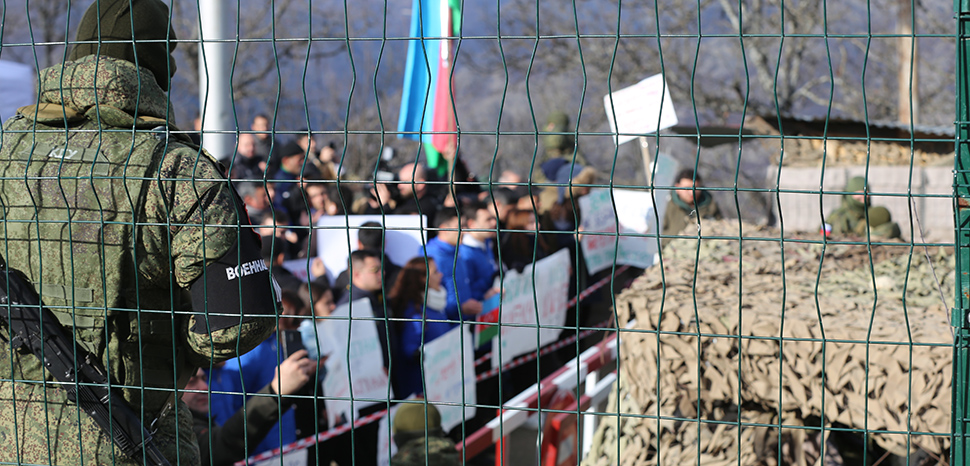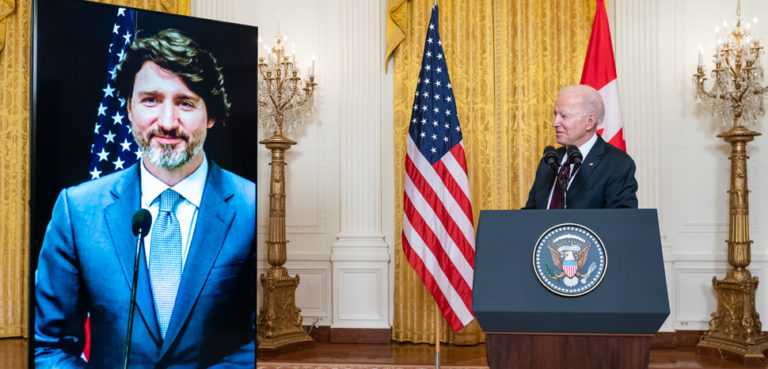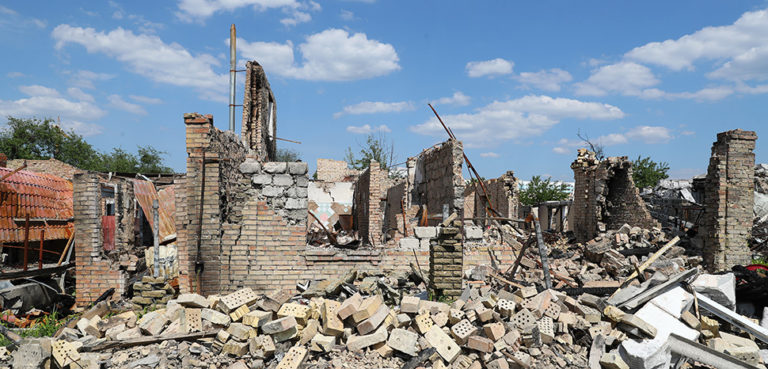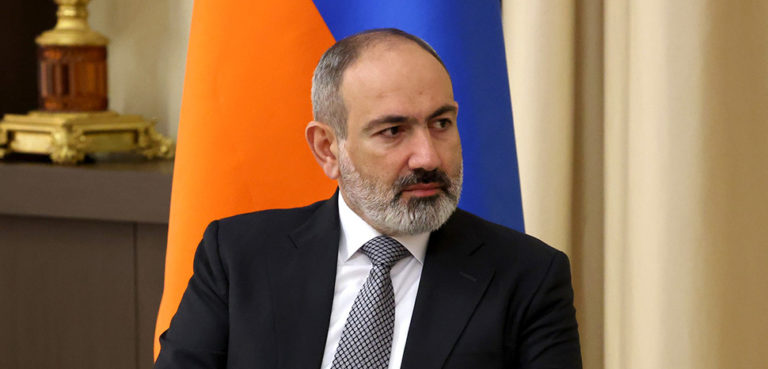The Karabakh region in the South Caucasus has seen endless bloodshed and perpetual conflict ever since the USSR forcibly incorporated Armenia and Azerbaijan into the Union. Akin to how modern-day Russia keeps various ethnic groups at each other’s throats, the Soviet Union also practiced a similar method in the South Caucasus.
Transferring an ethnic majority Armenian region to the Azerbaijani SSR, Josef Stalin hoped to keep the two ethnic groups, which never truly got along throughout the medieval period, in a state of endless conflict. Indeed, several decades and two brutal wars later, the Karabakh region inside Azerbaijan continues to witness unimaginable horrors, which have unfolded directly under the nose of the international community.
Azerbaijan has regained most of the region following the Second Karabakh War, and the resulting Russia-brokered Trilateral Agreement remains tenuous. However, wanting to increase their control over the remaining 120,000 Karabakh Armenians, Azerbaijan has enacted a several months long blockade of the region. Unless the siege is lifted, a manufactured famine and genocide could result.
The Lachin Blockade
The current blockade against the 120,000 Armenians started on December 12th, 2022, under the guise of protest action by Azerbaijani’ eco-activists.’ The Azerbaijani military has also taken part in the siege, periodically cutting gas to the Armenians in Karabakh during the winter in the hope that these measures would force them to flee.
Reports have surfaced of malnutrition, miscarriages, and lack of medical equipment for urgent assistance for residents of the region. Karabakh Armenians are forced to travel to Armenia for urgent aid, and with the Lachin corridor blocked, they fear going through the Azerbaijani army-controlled Aghdam road over fear of harassment and abduction.
Russian peacekeepers have been lukewarm toward the ceasefire violations and have rarely moved to stem any violence. With the Kremlin allegedly using Azerbaijan’s rich gas industry as a conduit to bypass Western sanctions, Moscow has little incentive to directly support its CSTO ally.
Repeated Calls to Allow Aid to Flow Through
Various international humanitarian organizations, from Amnesty International, Crisis Group, and the International Committee of the Red Cross, have called on Azerbaijan to lift the blockade and allow urgent food and medical supplies into the region. Nevertheless, Baku has continuously refused these pleas.
The ICRC has been blocked from sending a long convoy of aid into Karabakh, and Azerbaijan’s ruling government has refused to allow aid to go through the Lachin corridor. The Lachin corridor is the designated road that both Baku and Yerevan signed as part of the Trilateral Agreement and capitulation facilitated by Moscow.
Ilham Aliyev and his MPs have stated they will not allow aid through Lachin, which they allege has been used for “weapons smuggling” and have demanded that only the Aghdam road, controlled by the Azerbaijani army, is used as the designated crossing point from now on. The Aghdam Road has no international monitors, and Armenian citizens have been unlawfully detained and abducted there under the guise of “terrorism.”
Global Reaction
The European Union and the United States have called for the blockade lifted and aid allowed through the Lachin corridor. Nevertheless, the EU and the United States have a sense of guilt and self-reflective policies; both have placated autocratic regimes such as Azerbaijan for several decades.
Previously, EU representatives have come under scrutiny for their ties to Azerbaijan and their oil policies with the South Caucasus nation, similar to how they formerly conducted business with Russia. The EU traded one oil tyrant in Vladimir Putin with another in Ilham Aliyev, and these policies have only fanned further aggression.
The Russian Federation has been lukewarm toward the ongoing humanitarian catastrophe. With a geopolitical quagmire in Ukraine and prioritizing an increasingly disastrous war, Moscow is forced to look out for itself rather than support its allies. The 2022 clashes, amid which Armenia openly called on CSTO for help that never came, exemplified the hollow nature of the Russia-created defensive alliance.
Vladimir Putin, known to react harshly to what he perceives as ‘color revolutions,’ whether it’s Georgia, Ukraine, or Armenia, has held a grudge against Yerevan. Wanting Armenia to acknowledge it could not survive without Russian assistance, Moscow was perceived as the biggest winner of the Second Karabakh War as the Kremlin gained a significant foothold in the South Caucasus that it hadn’t had since the fall of the Soviet Union.
Mirroring the Great Famine of Mount Lebanon
Azerbaijan’s tactics against Armenia in the ongoing blockade mirror the late Ottoman Empire’s inhumane siege against Mount Lebanon during World War One. During the Great Famine, Djemal Pasha, one of the triumvirates that ruled the empire, blockaded medical and food supplies that the population of Mount Lebanon urgently needed.
As governor of Syria, and at war against the Entente, Djemal Pasha used the excuse of the French naval blockade along the Eastern Mediterranean to enable the famine. Most of Mount Lebanon’s lifeline came through the Bekaa Valley of Ottoman Syria, which Djemal oversaw.
Nevertheless, over half of the population of Mount Lebanon, the majority of which were Christians, were starved to death by the end of the First World War. The famine came out of spite from the ruling Ottoman elite as the Christians of Mount Lebanon, primarily Maronites, fought for self-determination akin to the Armenians of Karabakh that created their own breakaway state of Artsakh.
The Young Turks aimed to keep Mount Lebanon under submission and break their semi-autonomous status under French protection with the famine. Aliyev, mirroring Djemal Pasha and, to a greater extent, Slobodan Milosevic, aims to put the Karabakh Armenians under complete submission with this blockade, even if it means starving them to prove a point.
Armenia has attempted to appease Azerbaijan, with the current PM, Nikol Pashinyan recognizing Karabakh as Azerbaijani territory. Despite being the most open Armenian leader to dialogue and the peace process, Aliyev still refuses to give the Armenians of the region significant autonomy and has openly stated he never plans on opening a discussion on it.
Continuation of the Cycle of Violence
The former Chief Prosecutor of the International Criminal Court, Luis Moreno Ocampo, has warned of a potential genocide if efforts aren’t mended to end the crisis. The counterproductive actions by Baku could ignite another war, which Armenia has warned could happen if the international community doesn’t apply pressure to end the blockade. Despite decades of fighting, violence, war crimes, and refugee crises, a siege that could lead to an artificial famine and genocide will only heighten the cycle of violence.
Aliyev wants to force complete submission and loyalty on Karabakh Armenians as subjects and not citizens with limited autonomy or equal rights, enacting the same manufactured famine Djemal Pasha passed in Mount Lebanon. The world now faces its darkest hour in a hundred years—to do the right thing and call bluff on autocratic oil tyrants, or watch another Armenian genocide unfold before their eyes.
The views expressed in this article belong to the authors alone and do not necessarily reflect those of Geopoliticalmonitor.com.




